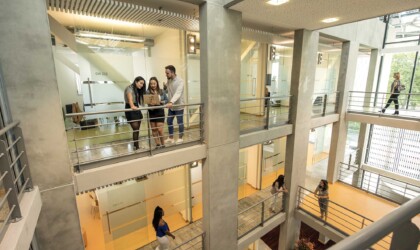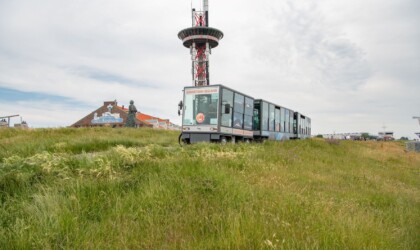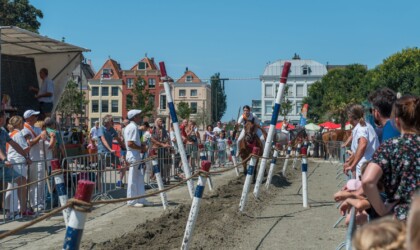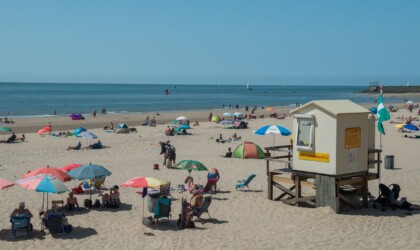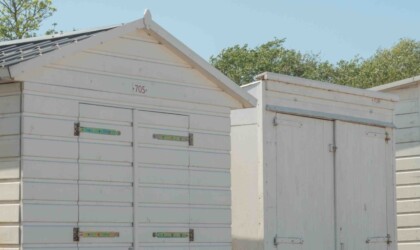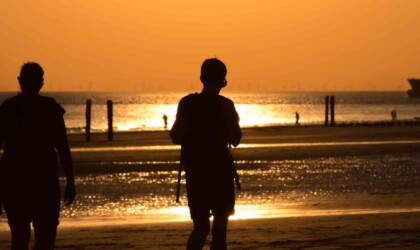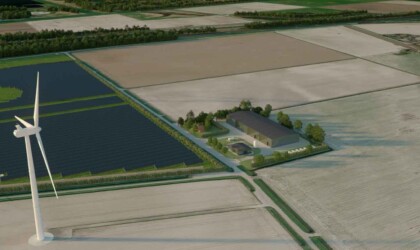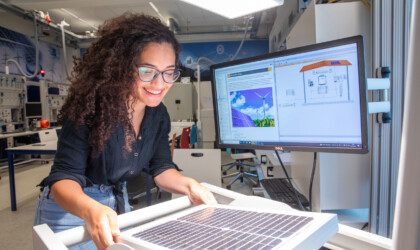Over the past 10 - 20 years, a lot of hard work has gone into technical innovations around energy production, energy conservation and energy storage. However, these innovations are often not applicable in existing infrastructures and systems. There is a need for testing in 'real live circumstances'. Within the Z-GRID project, two campsites are developing and testing flexible techniques and innovations around energy. Think of management systems, low-energy systems and storage systems.
- a campsite that will innovatively implement an energy management system including energy storage in salt batteries
- a holiday park that will use various technical innovations to create a natural gas-free and energy-efficient swimming pool.
Advantages for entrepreneurs
Not only will the participating entrepreneurs benefit, but all entrepreneurs in the leisure sector (and beyond) will benefit from the developments in Z-GRID as well. The knowledge gained from the project and tools developed will be shared widely. HZ University of Applied Sciences focuses on monitoring the applied systems and development of a valuation tool and impact model. Key deliverables are:
- The energy management systems developed are fully applicable to third parties
- There will be a valuation tool for sustainability that makes getting funding easier
- A guide of steps for making businesses more sustainable
Project manager Minke Rabaut on the project: "In total, we expect the participating companies to have a combined CO2 reduction of about 260 tonnes. Imagine the CO2 reduction we can achieve if we roll out this knowledge further in the sector."
Towards carbon neutral businesses
Developments in the Z-GRID project contribute to making businesses CO2 neutral or self-sufficient. The project involves cooperation with Camping Weltevreden (Zoutelande), HZ Knowledge Centre for Coastal Tourism and Impuls Zeeland.

